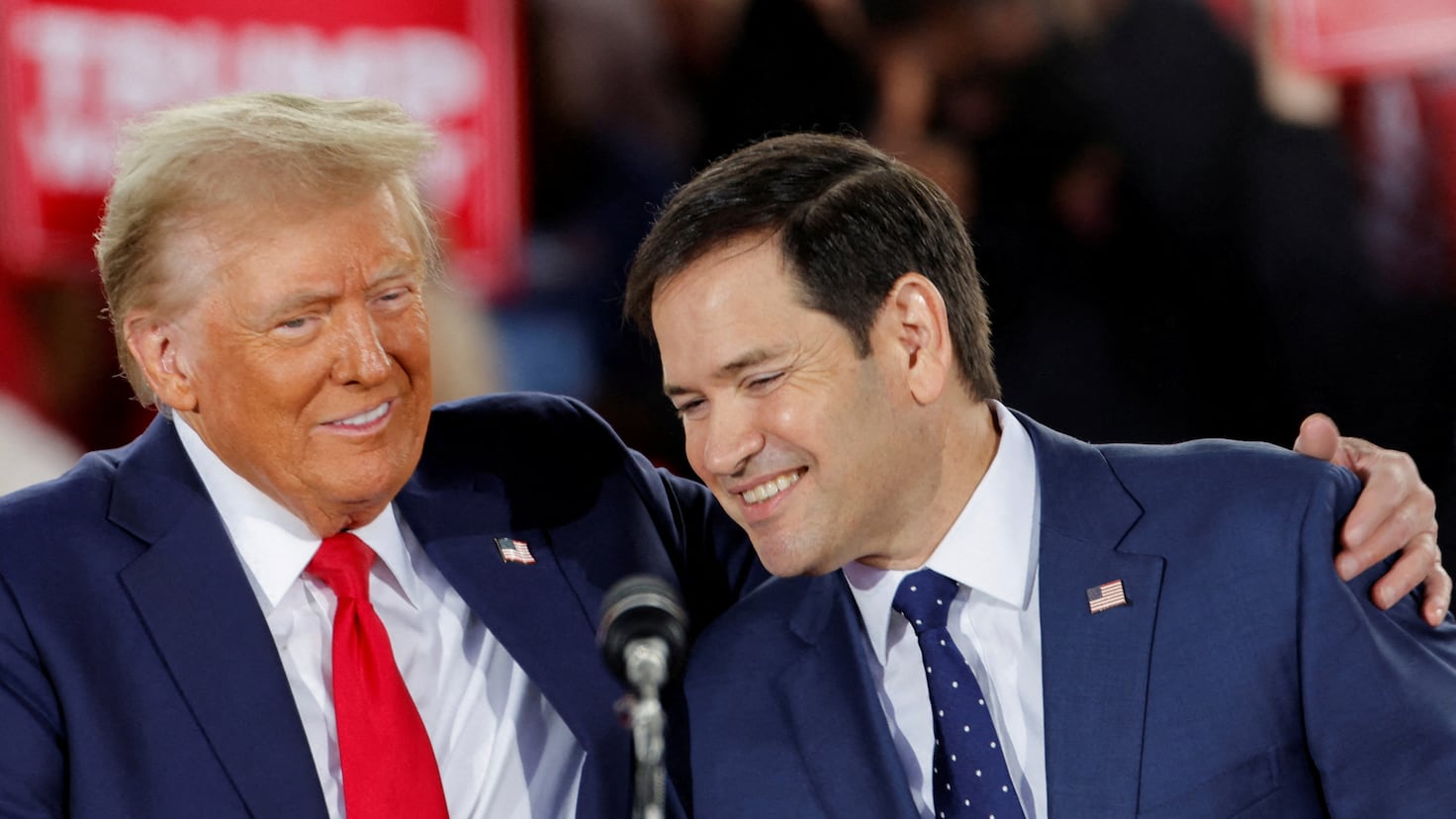Neoconservatism, coined by the SOCIOLOGICAL Michael Harrington in the 1970s, is a political ideology that has significantly shaped United States foreign policy. It was born out of anti-communist sentiments of the Cold War era, reflecting fears of communist ideals permeating American society and the world at large. As scholar Francis Fukuyama noted in a 2006 article, this ideology is based on four primary tenets: democracy and human rights, the moral use of American power, skepticism towards international law and institutions, and caution towards ambitious social engineering.
Democracy and human rights are at the very heart of neoconservative thinking. This worldview champions free and fair elections, civil liberties, and the safeguarding of human dignity as the primary priorities of any form of government. Neoconservatives are often focused on promoting these ideals within states, believing that these principles serve as sturdy bulwarks against totalitarianism, corruption, and human rights abuses.
Neoconservatism also promotes the belief that American power should be used for moral purposes. This principle finds its roots in President Woodrow Wilson’s vision of making the world “safe for democracy.” To neoconservatives, the United States, as a beacon of democratic values, has a moral obligation to intervene in other nations to preserve or instigate democratic order. They argue that through the projection of American influence, regions plagued by dictatorship or chaos can be steered towards democracy and human rights.
Questioning the ability of international law and institutions to address severe security problems is another cornerstone of neoconservative thought. Neoconservatives consider security as the paramount concern of any country, viewing international legal frameworks and institutions as often inadequate for protecting national interests against threats like terrorism, weapons proliferation, or hostile regimes.
The final tenet, a caution towards ambitious social engineering, emerges from the neoconservative perspective on managing societal change. Many neoconservatives argue that dramatic, large-scale restructuring of social systems frequently leads to unintended and volatile consequences, thereby undermining its intended outcomes. The principle highlights the inherent complexity and unpredictability of social systems, questioning whether such social engineering attempts can ever truly work.
Although the term neoconservative is sometimes employed derogatively to label those who advocate for US interventionism, ignoring international law and consensus, it is crucial to appreciate that neoconservatives genuinely believe such interventionism serves the best interests of the United States. They argue it can help prevent the spread of authoritarian regimes, protect the US and its allies, and promote peace and democracy worldwide.
In conclusion, being a neoconservative signifies believing in a political ideology rooted in promoting democracy and human rights, efficiently leveraging American influence, maintaining skepticism towards international institutions, and exercising caution against ambitious social engineering. These four pillars, epitomizing the neoconservative worldview, highlight the unique perspective it offers in understanding and dealing with international political dynamics.




